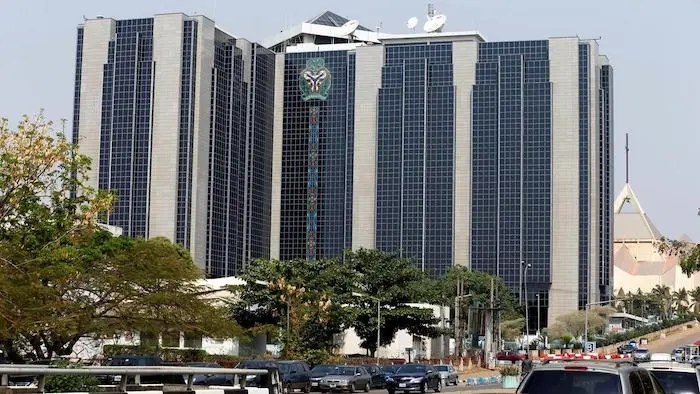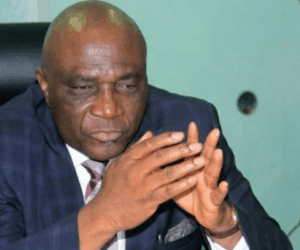Nigeria’s central bank reduced its benchmark interest rate by 50 basis points to 27 per cent on Tuesday, ending a run of increases following an aggressive tightening cycle aimed at curbing inflation.
Governor Olayemi Cardoso said the Monetary Policy Committee decision to lower the rate was based on the sustained disinflation recorded in the past five months, projections of declining inflation for the rest of 2025 and the need to support economic recovery efforts.
The benchmark interest rate, known as the Monetary Policy Rate (MPR), is a key tool used by central banks to influence borrowing costs, inflation, and overall economic activity.
The committee also reduced other key policy parameters, including the asymmetric corridor around the MPR at +250/-250 basis points. It reduced the Cash Reserve Ratio (CRR) for commercial banks to 45 per cent from 50 per cent and retained merchant banks at 16 per cent. The liquidity ratio was also kept at 30 per cent.
The MPC also adjusted the standing facilities corridor to improve the efficiency of the interbank market and strengthen monetary policy transmission.
The committee further introduced a 75 percent CRR on non TSA public sector deposits for enhanced liquidity management considerations.
Members expressed satisfaction with the prevailing macroeconomic stability, evidenced by the improvements in several indicators.
These include the slow down in inflation, improved output growth, stable exchange rate and robust external reserves.
It particularly noted the increased momentum of disinflation in August 2025 being the highest in the past five months.
“This deceleration underpinned by monetary policy tightening, exchange rate stability, increased capital inflows and surplus current account balance have helped to broadly anchor inflation expectations,” he said.
READ ALSO: Cardoso’s CBN reforms restored confidence, but growth still constrained – CPPE
Headline inflation eased to 20.12 per cent in August from 21.88 per cent in May, easing for the fifth straight month, helped by lower energy prices and a steadier foreign exchange market.
Nigeria’s economy expanded by 4.23 per cent in the second quarter, compared with 3.48 per cent, second quarter 2024 , supported by higher oil production, stronger non-oil exports and lower imports.
The next policy meeting is set for 24 and 25 November.










